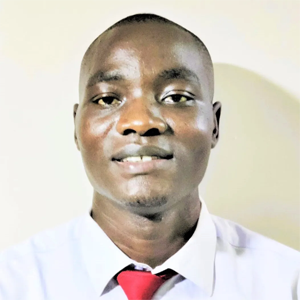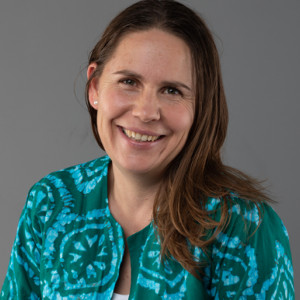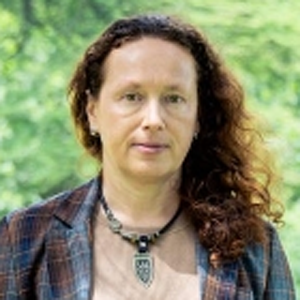Effective ecosystem restoration to tackle climate change, biodiversity loss and food insecurity: Scaling up through the UN Decade on Ecosystem Restoration
To tackle the critical need to reverse the degradation of ecosystems worldwide, the United Nations has declared the Decade on Ecosystem Restoration (2021–2030), with FAO and UNEP spearheading its implementation.
FAO is leading work on best practices and monitoring and has developed several innovative tools and products in collaboration with partners. In addition, since the declaration of the Decade, the focus has been on encouraging countries to move from commitments to effective action on the ground. To that end, the Decade has set up regular calls for nominations of World Restoration Flagships, which are considered the best or most promising examples of effective ecosystem restoration.
In Africa, three Flagships have been recognized, covering farmlands, savannas and grasslands, and forest, including the African Farmers Transforming Food Systems Flagship, the Great Green Wall Flagship and the Regreening Africa Flagship. This session will showcase the publications and harmonized monitoring tools developed to help achieve the mission of the Decade. It will also provide an overview of the three World Restoration Flagships from Africa, highlighting their good practices, success factors and lessons learned to serve as inspiration for the African restoration community to accelerate and upscale effective restoration efforts.
Related Knowledge Products:

Enoch Makobi

Erick Ombija

Damas Poda

















